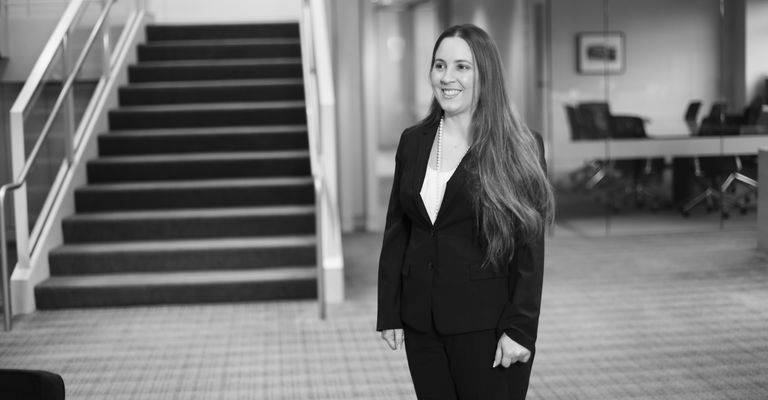News
Two BCLP Matters Make ‘Daily Journal’ List of Top 2019 Cases
Jan 17, 2020The Daily Journal on Dec. 30 published its list of the top five Ninth Circuit cases for 2019, including two cases handled by BCLP: Monster Energy v. City Beverage and Vazquez v. Jan-Pro.
In Monster Energy v. City Beverage, the Ninth Circuit vacated an arbitration award because the arbitrator had not disclosed that he held an equity interest in JAMS, which had an undisclosed ongoing business relationship with Monster Energy. JAMS, a for-profit company, had handled 97 disputes for Monster Energy.
The arbitrator disclosed that he had arbitrated one prior case involving Monster, but had not disclosed his ownership interest in JAMS or JAMS’ ongoing business relationship with Monster. City Beverage argued in the arbitration that the termination of its Monster distributorship agreement violated the Washington franchise law, but the arbitrator had ruled for Monster and awarded more than $3 million in attorneys’ fees. The district court confirmed the award and increased the attorneys’ fee award.
The Ninth Circuit reversed, finding that the arbitrator had created an impression of bias by failing to disclose, under the Supreme Court’s Commonwealth Coatings standard, that he held a “substantial interest in a firm which has done more than trivial business with a party.” The journal noted that the decision “promises to reverberate throughout the alternative dispute resolution industry.”
In Vazquez v. Jan-Pro, after the Ninth Circuit held that California’s new ABC test applied to franchisors, BCLP filed an amicus brief on behalf of the International Franchise Association. The plaintiff-franchisees claimed they were in the same business as their franchisor, janitorial services, and that their franchisor had exerted controls over their operations. The franchisor contended it had only enforced routine brand-related controls and that it was not the employer of its franchisees. The Ninth Circuit sided with the franchisees, holding that franchise relationships were entitled to no special protection in the application of the ABC test.
The issue is vital to the franchise business model because trademark licensors must exercise control over their licensees, who are almost always engaged in the same business – e.g., a pizza franchisee and its franchisor would both appear to be in the pizza business, satisfying the B prong of the ABC test. If the exercise of the control required by the trademark laws is sufficient to create an employment relationship under California law, the franchise business model will be fundamentally disrupted.
After our amicus brief was filed, the Ninth Circuit withdrew and de-published its decision. Vazquez v. Jan-Pro Franchising, 923 F.3d 575 (9th Cir. May 2, 2019). The Ninth Circuit ultimately certified one issue to the California Supreme Court and later reissued an adverse opinion, which will be problematical for franchise relationships.
Los Angeles Partner Jonathan Solish and Irvine Associate David Harford handled the Monster Energy case. Solish and Los Angeles Associate Kristy Murphy handled the Jan-Pro amicus brief.
Related Practice Areas
-
Franchising
-
Litigation & Dispute Resolution





